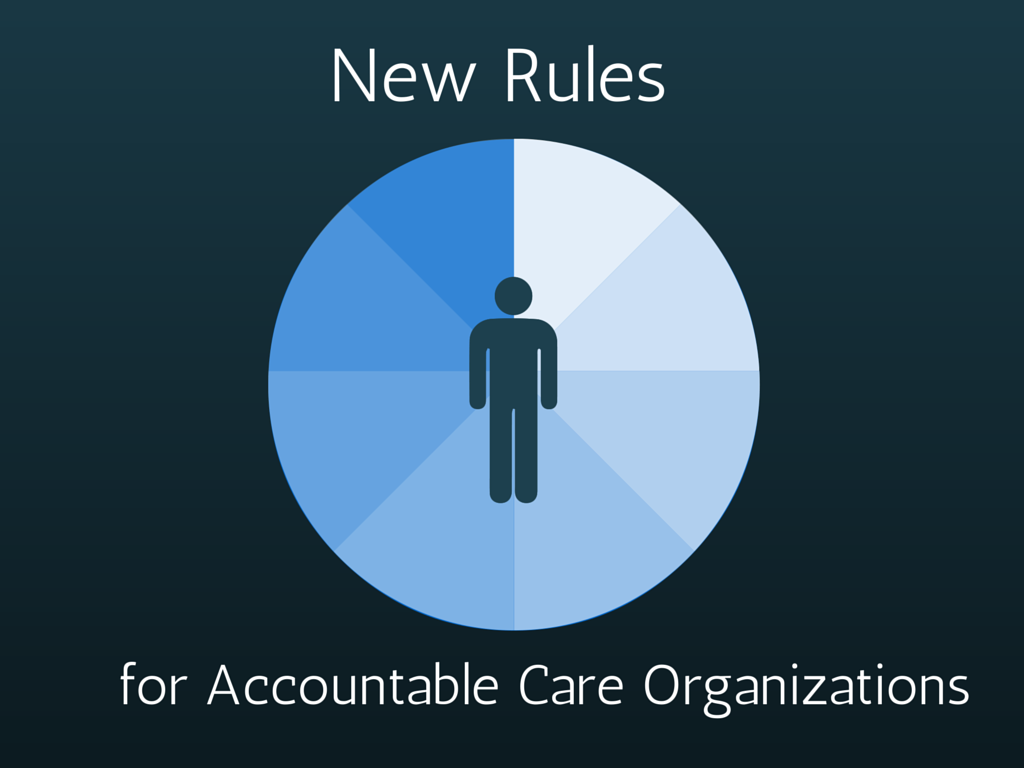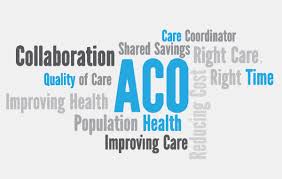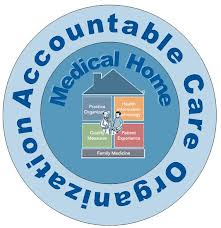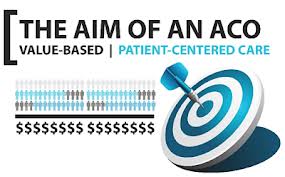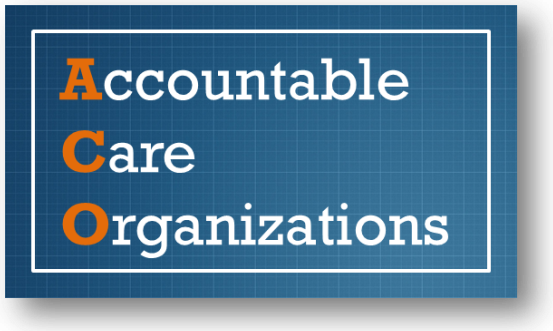New Rules for ACOs
Accountable Care Organizations (ACOs) may have an additional three years before penalties would be enforced for poor performance, according to a new proposal by the Federal government. These groups of doctors, hospitals, and providers that care for Medicare patients work jointly as ACOs toward the goal of retaining whatever additional financial resources are left over after completed care. Currently, there are about 330 ACOs in the United States, and together they have saved Medicare more than $700 million in healthcare spending.


